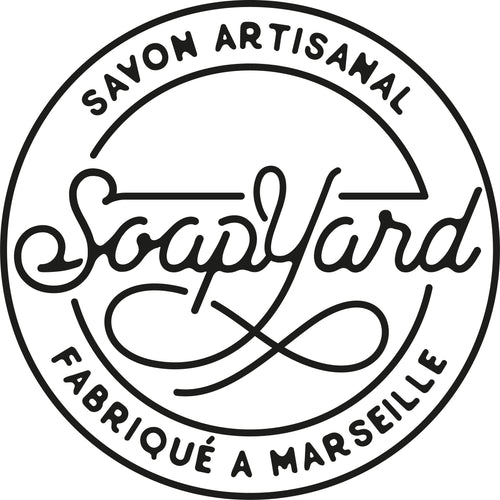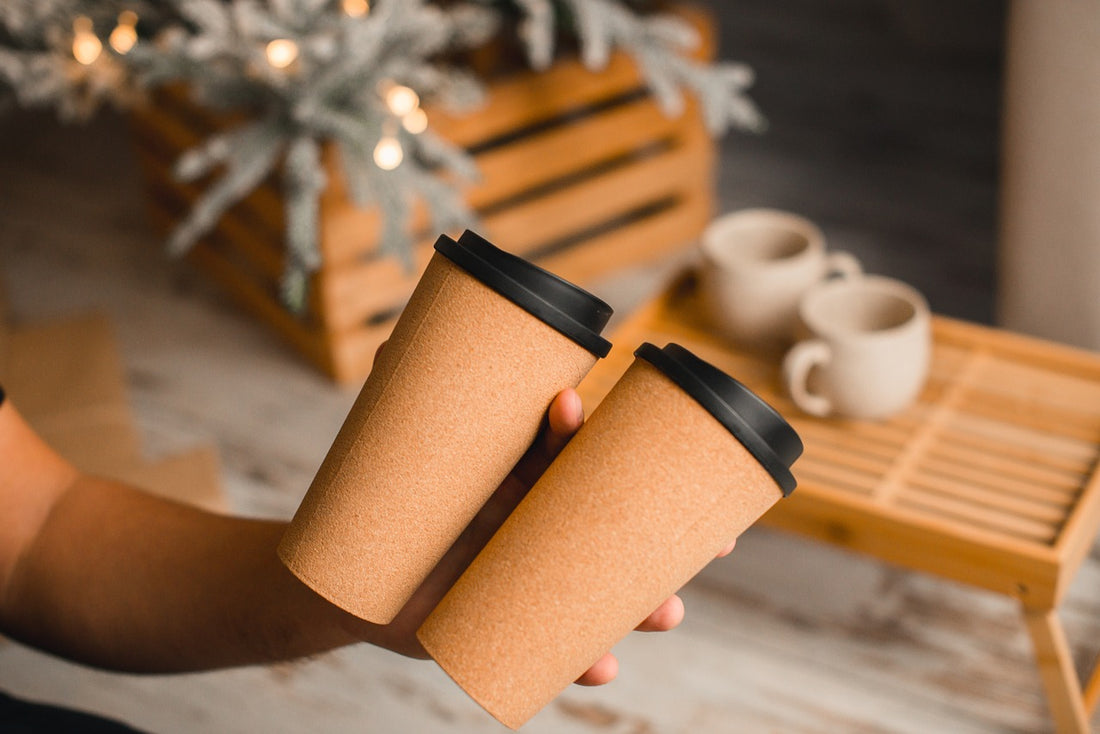Detox Your Everyday Life: Avoiding Everyday Toxins and Embracing Healthier Choices
Every day, we encounter products and practices that expose us to hidden toxins. From personal care to household items, these chemicals can impact our health and the planet. Here’s a detailed look at common toxins to avoid, why they’re harmful, and healthier alternatives to embrace.
1. Toxic Candles vs. Natural Vegetable Wax Candles
Most candles are made from paraffin wax, a byproduct of petroleum. When burned, they release harmful chemicals like benzene and toluene, known to cause respiratory issues and contribute to indoor air pollution. Synthetic fragrances in candles can also trigger allergies or headaches.
Healthier Alternative:
Choose candles made from natural vegetable wax, soy wax, or beeswax. These burn cleanly, emit fewer pollutants, and are often scented with natural essential oils. Not only are they healthier for your home, but they’re also more eco-friendly.
2. Plastic Water Bottles and Heat Exposure
Plastic water bottles can leach chemicals like bisphenol A (BPA) and phthalates into your water, particularly when exposed to heat, such as in a car on a hot day. These chemicals are endocrine disruptors, potentially impacting hormone function and overall health.
Healthier Alternative:
Opt for reusable bottles made of stainless steel or glass. These materials are free from harmful chemicals and better for the environment. If you must use plastic, ensure bottles are BPA-free and avoid leaving them in hot environments.
3. Bottled Soaps vs. Natural Bar Soaps
Liquid soaps often contain harmful chemicals like sodium lauryl sulfate (SLS), parabens, and synthetic fragrances, which can strip your skin of its natural oils, leaving it dry and irritated. Additionally, plastic packaging contributes to environmental waste.
Healthier Alternative:
Switch to natural bar soaps, like those from Soapyard. Our handmade soaps are free from SLS, parabens, and phthalates, and are enriched with skin-loving ingredients like shea butter. Plus, they’re packaged sustainably to reduce waste.
4. Coffee Cups and Plastic Linings
Disposable coffee cups often have a plastic lining that can release harmful chemicals into your drink, especially when exposed to heat. These cups are also difficult to recycle, adding to environmental harm.
Healthier Alternative:
Invest in a reusable coffee cup made of stainless steel or ceramic. Not only do these keep your drink hotter for longer, but they’re also free from harmful chemicals.
5. Hair Dyes and Toxic Cosmetics
Many conventional hair dyes and cosmetics contain harsh chemicals like ammonia, parabens, and formaldehyde, which can cause skin irritation, allergic reactions, and potentially long-term health risks.
Healthier Alternative:
Look for natural hair dyes that use plant-based ingredients. For makeup and skincare, opt for products made with minimal, non-toxic ingredients, and always check labels for harmful additives.
6. Gym Wear and Microplastics
Synthetic gym wear sheds microplastics during washing, which flow into waterways and harm marine life. These plastics can also release chemicals that may irritate the skin.
Healthier Alternative:
Choose gym wear made from natural materials like organic cotton or bamboo. These are not only more breathable but also free from synthetic fibers that harm the environment.
7. Non-Stick Pans and Heated Plastics
Non-stick pans coated with Teflon release harmful chemicals like perfluorooctanoic acid (PFOA) when heated. Similarly, heating food in plastic containers or bottles can release BPA and phthalates, contaminating your food.
Healthier Alternative:
Switch to cookware made from stainless steel, cast iron, or ceramic. Heat food in glass or ceramic containers instead of plastic to avoid chemical leaching.
8. Seed Oils vs. Natural Fats
Highly processed seed oils like soybean, canola, and sunflower oil contain high levels of omega-6 fatty acids, which can contribute to inflammation when consumed in excess.
Healthier Alternative:
Cook with healthier fats like tallow, butter, coconut oil, or olive oil. These natural fats are less processed and more stable at high temperatures, making them better for your health.
9. Dry Cleaning and VOCs
Traditional dry cleaning uses perchloroethylene, a solvent linked to respiratory and neurological issues. Additionally, new furniture and carpets may release volatile organic compounds (VOCs), which can cause headaches and irritate the eyes and throat.
Healthier Alternative:
Opt for eco-friendly or “green” dry cleaning services that use non-toxic solvents. Allow new furniture to off-gas outside or in a well-ventilated area before bringing it indoors.
10. Toxic Bath Detergents
Many bath products contain harsh detergents, synthetic fragrances, and dyes that can irritate the skin and harm the body’s natural balance.
Healthier Alternative:
Use gentle, natural products like Soapyard’s handmade soaps. For example, our rose soap is enriched with organic shea butter for hydration and gentle cleansing, free from parabens, SLS, and other harsh chemicals.
Why Choose Natural Alternatives?
Switching to healthier options isn’t just better for you—it’s better for the planet. At Soapyard, we’re proud to offer products made with natural ingredients like:
- Shea Butter: A hydrating powerhouse rich in vitamins and fatty acids.
- Essential Oils: Sourced sustainably for a soothing, natural fragrance.
- Eco-Friendly Packaging: Helping reduce plastic waste and environmental impact.
Final Thoughts
Small changes in your daily routine can have a significant impact on your health and the environment. From avoiding plastic water bottles in the heat to choosing natural bar soaps over bottled products, there are countless ways to make a positive difference. Explore our full range of handmade, chemical-free soaps at Soapyard and take the first step toward a healthier, toxin-free lifestyle.

